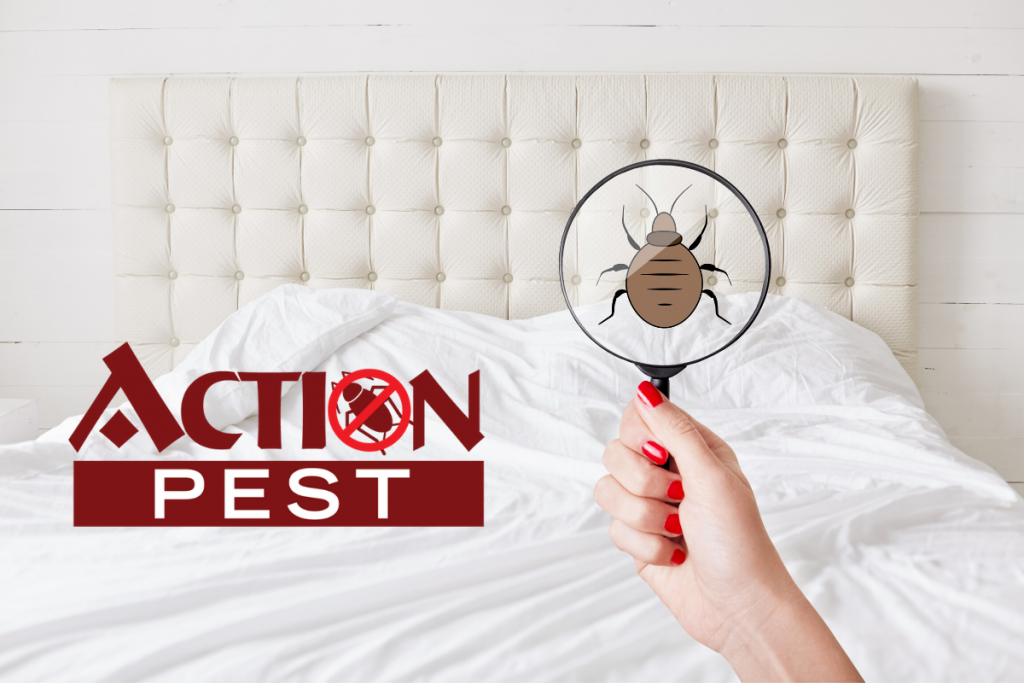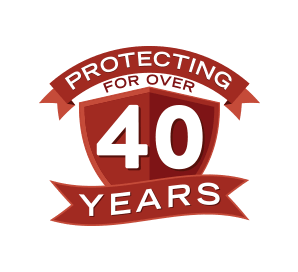
According to the 2018 Bugs Without Borders survey, professional exterminators get more calls about bed bugs than any other type of pest, fleas and cockroaches included. It’s easy to see why: bed bugs are noxious invaders that bite you while you sleep, leaving you with skin rashes and psychological trauma.
Signs of an infestation include:
- Red, itchy bites
- Small reddish stains on the corners and edges of your bed
- Droppings and shed exoskeletons
- A strong and musty odour
It’s not unusual for people to go for long periods without knowing that their home has a bed bug infestation, and by the time the signs are impossible to miss, their formerly comfortable house or apartment has become unlivable. In this blog, we’ll explain what pesticides are used to treat an infestation, how you can protect yourself from these pests, and what you should do if you notice them in your home.
What pesticides are used for bed bugs?
Pesticides used for bed bug infestations are usually nerve agents applied in dust, foam, aerosol, or liquid form. Other products, like silica aerogel and diatomaceous earth, suffocate or dry out the insects. Liquid carbon dioxide (Cryonite) is applied as dry ice particles, freezing and killing the bugs on contact. Due to its natural composition, it can be sprayed on mattresses, furniture, electrical equipment, and other places where regular pesticides cannot be used.
How to avoid getting bed bugs
Bed bugs can invade your home in a variety of ways. To ensure that you don’t bring them in by accident, take the following precautions:
- Inspect any beds you sleep in while away from home, such as a hotel or AirBnB accommodation. Pull back the sheets, check around the headboard, and look under the mattress for bugs, blood spots, and casings. If you find anything, report it to the manager or host and ask to be moved immediately.
- Protect your suitcase while traveling, as bed bugs have been known to hitch rides in luggage. Wrap it in a garbage bag at the hotel or store it in the bathroom, where any bugs present will be more visible. When you get home, vacuum the suitcase and dispose of the vacuum bag in a sealed plastic bag.
- Wash all of your clothing when you come home from vacation or a business trip, even articles that you didn’t wear, so that bugs don’t get into your closet or dresser.
- Don’t bring used furniture home until you’ve had the chance to inspect it thoroughly for signs of an infestation. It’s also a good idea to treat it with insecticide sprays formulated to kill bed bugs and their eggs.
- Check your pets after they’ve been outside your home, as bed bugs have been known to use animals as transportation. Your pet’s bedding should also be regularly inspected and washed on high heat.
What to do if you notice bed bugs
Unfortunately, bed bugs can get into your home despite your vigilance. This is especially common in multi-housing units, where one tenant’s carelessness can create a nightmare for the entire building. If you see evidence of bed bugs in your home, such as droppings, discarded insect shells, or reddish brown smears on your bedding, take the following steps:
- Get rid of all clutter, so that the bugs have fewer places to hide. They’ve been known to hide in cardboard in particular, so dispose of unused boxes and consider using plastic storage containers instead.
- Seal all crevices and cracks in your window and door frames, ceilings, and walls. Also apply a sealant around areas while wires, cables, or pipes enter your home.
- Vacuum the area thoroughly and dispose of the vacuum bag in a tightly sealed garbage bag. If possible, use a vacuum with a HEPA filter so that bed bug droppings and parts don’t get recirculated back into the air.
- Wash and dry your clothing and bedding at the highest temperatures they can tolerate.
- If you have any infested furniture and other items that can’t be treated, wrap them tightly in plastic and dispose of them.
While these measures can combat early-stage infestations, the complete elimination of bed bugs calls for professional intervention. A trained and licensed pest control company will send technicians who understand bed bug behaviour and biology and can identify which pesticides will be the most effective.At Action Pest, we know how traumatic and damaging a bed bug infestation can be, and offer effective and thorough extermination services seven days a week in and around Hamilton, Burlington, Oakville, and Mississauga. If you’re noticing the signs, don’t wait! Please contact us today.







